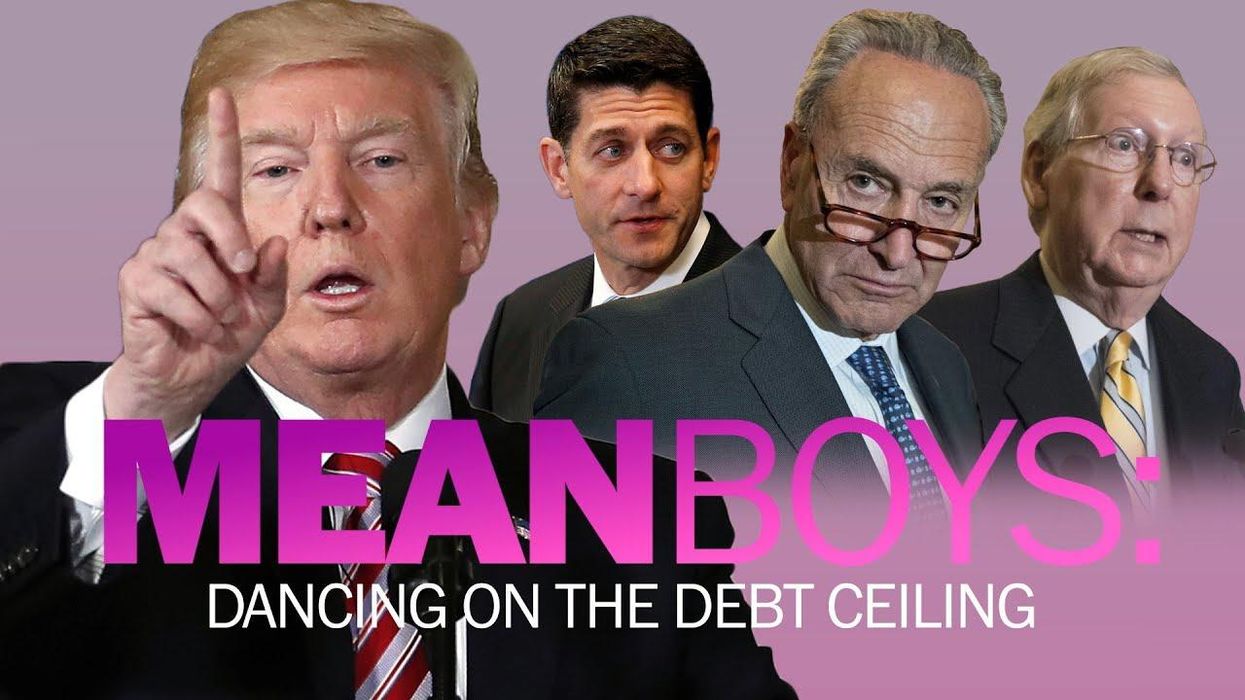Here we go again. The more things change, the more they stay the same.
Four years later and another dysfunctional debt ceiling crisis. It would be funny except for how impactful this all is on the everyday lives of millions of Americans.
This video shows the humor of today's situation from four years ago. A new video soon to be released will be the same but with a different cast of characters.
https://www.youtube.com/watch?v=gl6-bt1QKyU
Reruns in movies are great because they indicate that the original had something going for it to begin with and that's why we love reruns. But a rerun for dysfunctional government is an entirely different story. It has to stop.
The debt ceiling dysfunction fits in perfectly with Albert Einstein's definition of insanity:
"Insanity is doing the same thing over and over and expecting different results."
Do you have other examples of Congressional dysfunction. We're compiling a David Letterman type top ten list. You may email us at pop-culture@fulcrum.us.




















Marco Rubio is the only adult left in the room